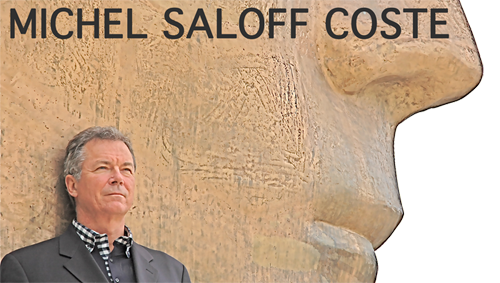The Opportunity of Immersive Virtual Reality for Higher Education
Context – meeting at Institute for Future Studies, Lille Catholic University, 16-18 November 2015
For three days a group of 8 people experienced in education, technology, video gaming, digital
arts and future studies were hosted by Michel Saloff-Coste to explore how to use the opportunity
of immersive virtual reality for learning and innovation, in particular in the context of higher
education.
During the three days, the group met with key people at Lille Catholic University, including the
President, the VP of Innovation and Development, head of the Humanicité project and staff from
the Institute for Future Studies. The impression was
of a university engaged in an authentic transition
towards a learning institution both in tune with the
times and focused on optimising the learning
experience for the student.
Outcome – MA in Virtual Reality
During the days together there was much mutual learning and a number of project ideas. The one
idea that brought it all together at the end was to develop a Master’s of Arts program in Virtual
Reality, taught interactively in virtual reality, offered by Lille Catholic University in collaboration
with a number of the partners represented (e.g. Ubiquity University, Transition World, Chroma). It
would be developed over the next couple of years with prototyping and iteration. The kind of
elements it could include:
1. Learning generalist skills & software - teaching of Unity 3D / sound editing / video 360 / storytelling &
performance
2. Then specialising in one particular skill eg. art / programming / production managing / serious
gaming
3. Subjects covered - Online gaming / Second Life & where it is going / VR experiences & art /
Projections onto buildings / Trans media storytelling / Internet of things
4. Critical & contextual approach to VR - history / contexts / futures - ethics, speculative thinking
5. Live project work with other students - teaching studio
work and organisation collaboration projects around
issues like UN 17 goals - co-housing
6. Live projects across department - team of students
communicate with other groups within the university to
use VR to communicate an issue eg. engineering or
genetics.
7. Internships in companies - VR start ups who’ll need
interns - real life experience
8. VR Platform - overarching aim of having the MA support
the creation of a learning platform in VR for 2020/2020
Next steps
Peter Merry to lead the development of the concept working closely with Kate Genevieve from the
universities of Sussex and Brighton.

Aucun commentaire:
Enregistrer un commentaire